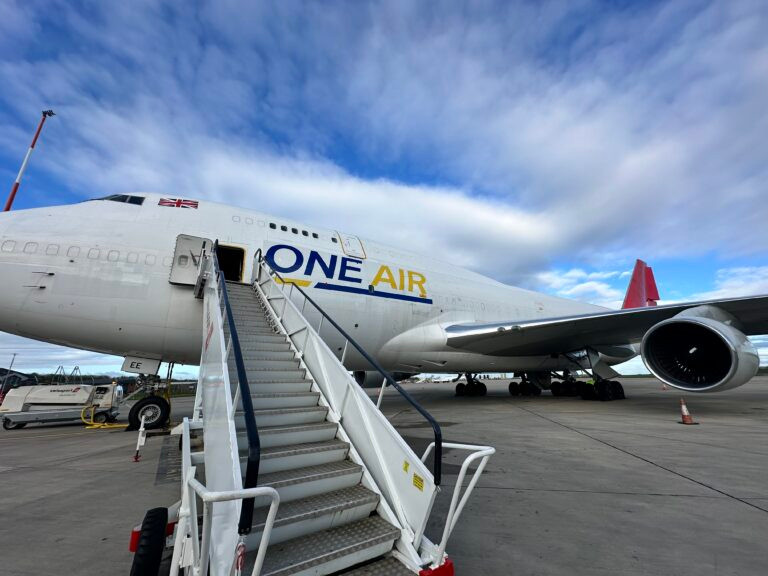While many people doubtless see East Midlands Airport (EMA) as a medium-sized regional airport offering low-cost passenger flights to Europe, there is another, more significant side to the hub’s operation – express airfreight shipments.
Three logistics giants – DHL, UPS and FEDEX – have bases right next to the runway at EMA. Together, they connect the airport with 185 of the world’s economic powerhouses, from New York, Singapore and Dubai to Hong Kong, Tokyo and Mumbai, handling around 400,000 tonnes of goods a year.
A report by aviation experts York Aviation and freight specialists MDS Transmodal estimates that these volumes will more than double over the next twenty years. This is in contrast to airports where cargo is carried in passenger aircraft bellyholds, whose volumes are declining. Some airports are also prioritising passenger flights over cargo operations.
There is also another emerging trend, which EMA sees itself as well placed to benefit from, and that’s the growth in e-commerce demand, especially from markets such as China, where the likes of Temu and Shein are becoming dominant. They are looking for ways to get their goods into the United Kingdom (UK) and Europe, and EMA’s existing links and facilities enable them to do that.
“EMA is the largest dedicated express airfreight hub in the UK, making it an asset of national economic importance,” EMA’s Head of Aviation, David Craig, stated. “We have already attracted new British cargo airline One Air to operate regular flights between Hong Kong and EMA, whose Chief Operating Officer has praised EMA for its “very understanding and progressive attitude towards freighter operators.
“And we only expect demand to increase as e-commerce grows in China and elsewhere and airlines look for dedicated cargo solutions over more expensive and constrained passenger bellyhold options – hence our presence at the upcoming Air Cargo China conference.”
Connected across the country
EMA’s position in the heart of the UK, close to major road and rail networks and 80 percent of major warehousing, works in the hub’s favour. This is only enhanced by their ability to operate 24/7, without restrictions, handling dedicated cargo aircraft and offering stand space and slots when other airports are reaching capacity and becoming congested.
“Our status as the port for the UK’s only inland Freeport is expected to bring further interest and investment in and around the airport,” Craig explained.
The cargo strategy study concludes that growth in air cargo at EMA will support an uplift in gross value added (GVA) of up to £1.8 billion and add an extra 12,600 jobs by 2030. These figures will then roughly double by 2040.
This is a boost to the £443 million GVA that EMA already contributes to the regional economy, providing vital support to key business sectors in the surrounding ‘Golden Triangle,’ including advanced manufacturers, automotive, aerospace and healthcare pharmaceuticals.
“We are ready to grow and help our regional economy grow and will continue to deliver seamless trade that powers the UK,” Craig concluded.




